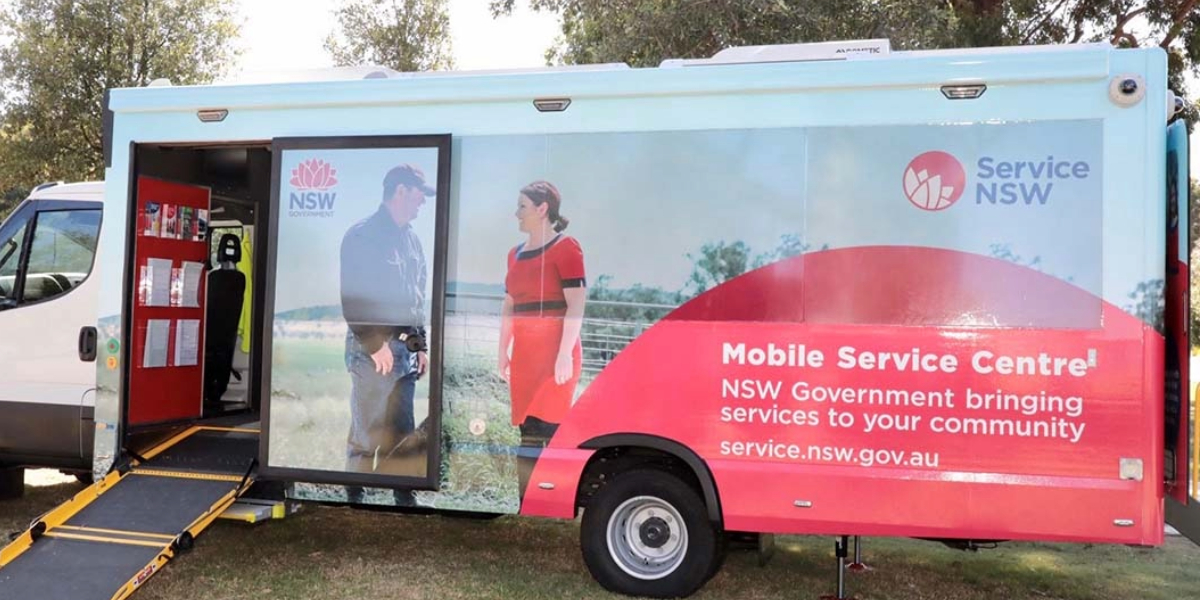People paying parking fines, renewing registrations and conducting millions of other government transactions have been illegally overcharged for eight years.
An estimated $144 million in merchant fees were unlawfully charged on 92 million transactions since 2016, the NSW government admitted on Wednesday.
That was despite repeated legal advice advising the surcharges on Service NSW and Revenue NSW transactions were unlawful.
The state’s auditor-general uncovered the issue while reviewing departmental financial statements for the past financial year and brought it to the attention of government officials in July.
“I’m absolutely flabbergasted and beyond belief,” Customer Service Minister Jihad Dib told reporters.
“The moment we became aware of it, we’ve acted on this.”
Businesses can lawfully levy merchant fees to customers to recoup the costs of handling transactions, including bank charges.
However, the common-law principle is clear that governments cannot do so without specific mention in legislation, Finance Minister Courtney Houssos said.
Most charges were small, such as 71 cents extra for a three-year licence renewal.
With millions of people interacting with Service NSW and Revenue NSW repeatedly over many years, the average customer is believed to have been overcharged $30.
About 80 per cent of surcharges were turned off, while the complex task of addressing the remaining 20 per cent was ongoing.
No timeline on when people will be refunded has been set, nor is it clear how the money will be returned.
“We cannot just simply say: refund that money,” Mr Dib said.
“As an example, we’ve had privacy layered into the way that people undertake some of these transactions.”
Members of the public who have been charged the fees are encouraged to register for updates.
Several ministers have written to the NSW Ombudsman calling for an investigation into possible “serious maladministration” over the charges, which were levied during the term of the previous coalition government.
The matter has also been referred to the Independent Commission Against Corruption due to the apparent failure to follow legal advice issued in 2016 by the crown solicitor.
An incident task force has also been set up to manage the issue.
Don’t miss any of the important stories from around the region. Subscribe to our email list.


